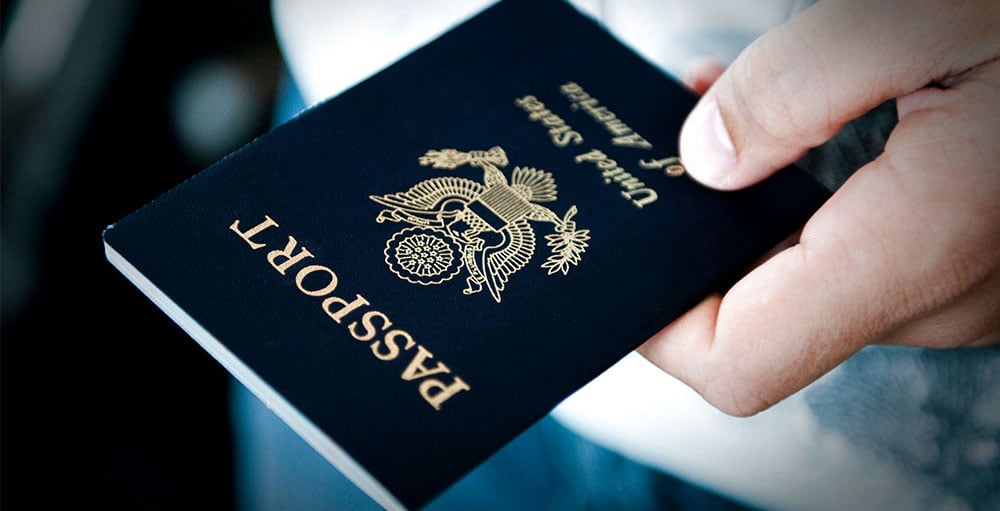Alcohol servers should be familiar with the valid IDs in their state, and which IDs are unacceptable.
In the United States, a person must be at least 21 years old to purchase and drink alcohol. Serving alcohol to minors can have major consequences, legally, with possible misdemeanor charges if caught, and ethically, as alcohol servers have a responsibility to protect the customers they serve.
That’s why it’s crucial that alcohol servers, sellers and bartenders always check ID to prevent serving minors. Safeguard yourself and your establishment from fines, charges and damaged reputation by checking IDs consistently and refusing service if all criteria are not met.
Here’s what you need to know about valid and invalid IDs.
Every valid ID contains the same elements
What’s considered an acceptable ID can vary by state. However, an acceptable ID must always be issued by a government agency, and include:
- the person’s name
- the person’s photo
- their date of birth
- the person’s signature (written in ink)
- physical description of the person
- an expiry date (that has not already passed!)
Examples of valid and invalid IDs
Some valid IDs are:
- passports
- driver’s licenses
- state-issued IDs
- military IDs
Most of these government-issued IDs have anti-tampering features to help you check whether they’re real. For example, some IDs may have elements only visible using a UV light, which your business can check if you have the device to do so.
Invalid IDs include:
- expired IDs
- student/school IDs
- work IDs
There is no way to validate school or work IDs, and they can be easily altered, so alcohol servers must not accept these as valid identification.
A valid ID should have no rips or tears, and the photo should not be tilted. The surface of the ID should feel smooth, with no lumps, bumps or creases. Make sure it doesn’t feel too thick or too thin, and there should be no pinholes or other signs of tampering.
How to check IDs from a different state
It’s important for alcohol servers and sellers to familiarize themselves with the format of the valid IDs in their state. Out-of-town visitors may use IDs from a different state or country that are in fact valid, but unless you’re familiar with the valid IDs from that location, don’t assume they are.
Most alcohol service employers should have a guidebook that provides examples of ID cards issued by different states. This can be used to help check the validity of an ID. If you are still unsure whether an ID is valid, ask for another form of identification. If they cannot provide another one, you should refuse service.
Not only should you be familiar with the acceptable forms of IDs in your area, you should also know how to spot a fake ID. Learn these 6 techniques for checking ID to help you determine whether a person is using a fake ID, and ensure you don’t serve minors.
Learn more tips, tricks and essential information about the safe service of alcohol by taking Userve’s Alcohol Server / Seller Training Program. Our comprehensive, interactive courses will give you the tools you need to sell or serve alcohol responsibly, while always prioritizing your legal responsibilities as an alcohol server.

